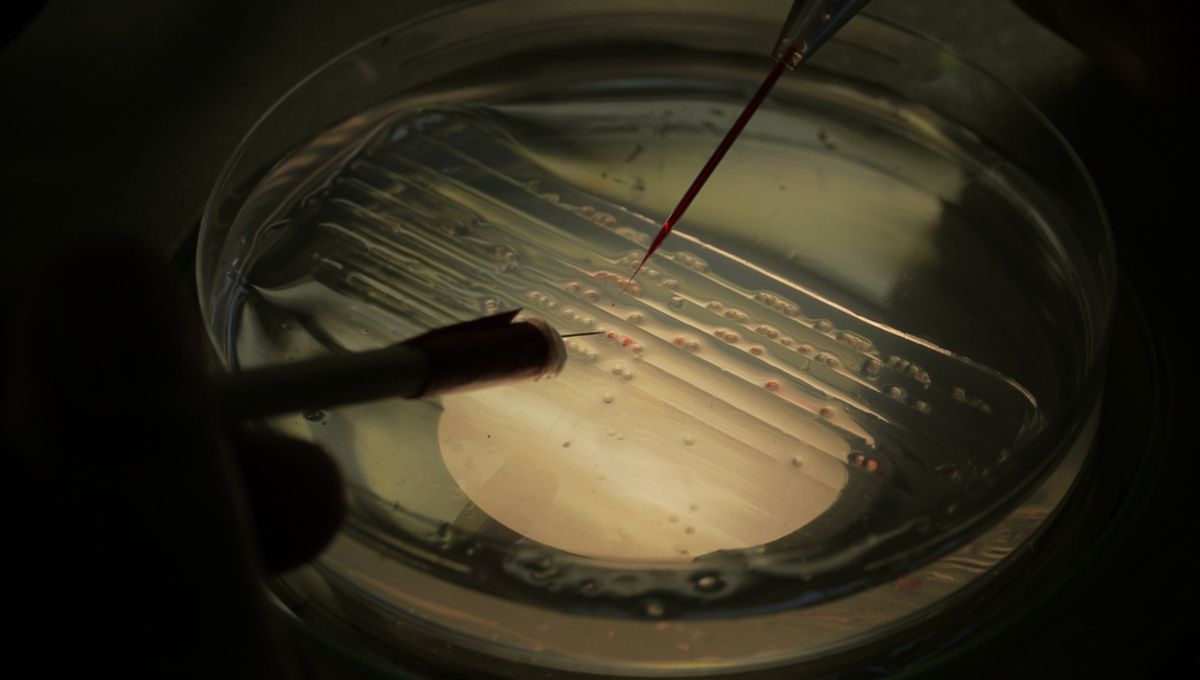
Cultivated or “lab-grown” meat and fish is often presented as a more eco and animal-friendly alternative to regular meat products, but new research suggests it might have another benefit too – it could one day see people who are allergic to seafood able to eat it again without a reaction being triggered.
ADVERTISEMENT
That research is being carried out by scientists at James Cook University, who recently presented their findings at the World Allergy Congress. Led by Professor Andreas L. Lopata, they’ve been investigating whether or not cultivated Japanese eel (unagi) – a popular ingredient in a variety of dishes, including sushi – could make for safer seafood.
“There can be uncertainties about allergenicity [in cultivated meat/fish],” Lopata said in a statement, “but that’s where we come in, as experts in the field, really analysing all proteins (the proteome) and then comparing particular allergen patterns to see if there could be anything unsafe for consumers.”
And that’s exactly what they’ve been doing – cultivating eel cells and then measuring their abundance of 12 fish allergens recognized by the World Health Organization and the International Union of Immunological Societies.
The result of this work had the team somewhat taken aback.
“You’re basically taking stem cells from the fish, growing them in tissue culture to the size they are edible, and everyone told us it would basically be the same as the regular fish including any allergy risks,” said Lopata.
“Instead, we found diminished risks, including a decrease of up to 1000-fold of the predominant fish allergen parvalbumin, and all of this was with no manipulation nor gene modification,” he added. “The levels of allergens present in the cell-cultivated fish being so low was quite surprising to us.”
ADVERTISEMENT
The team has also been working with children with bony fish allergies to find out whether the cultivated eel is safe in practice, too.
“We have a data bank of over 100 children with confirmed fish allergies, and we demonstrated that there is very little to no reactivity to the known fish allergens in the cell-cultivated fish,” Lopata said.
Seafood allergy affects an estimated 1 percent of the population, most commonly in teenagers and adults (though children can be affected too). The findings of Lopata and colleagues’ research provides hope that, one day, they might be able to enjoy fish and other seafood in the same way as everyone else.
Still, that’ll require cultivated products to be approved for sale – something not everyone’s so keen on. Some places, like Italy, Florida, and Alabama, have straight-up banned lab-grown meat, with others have concerns that it might not be so environmentally-friendly as it appears.
ADVERTISEMENT
Both Singapore and the US (besides the two states above), however, have given the green light for cultivated meat to be sold to the public, and in the UK, dog treats made from lab-grown meat recently went on sale for the first time.
The research was presented at the World Allergy Congress 2025, and an abstract is published in the Journal of Allergy and Clinical Immunology.
Source Link: Lab-Grown Fish Could Allow Millions Of People To Eat Seafood Again